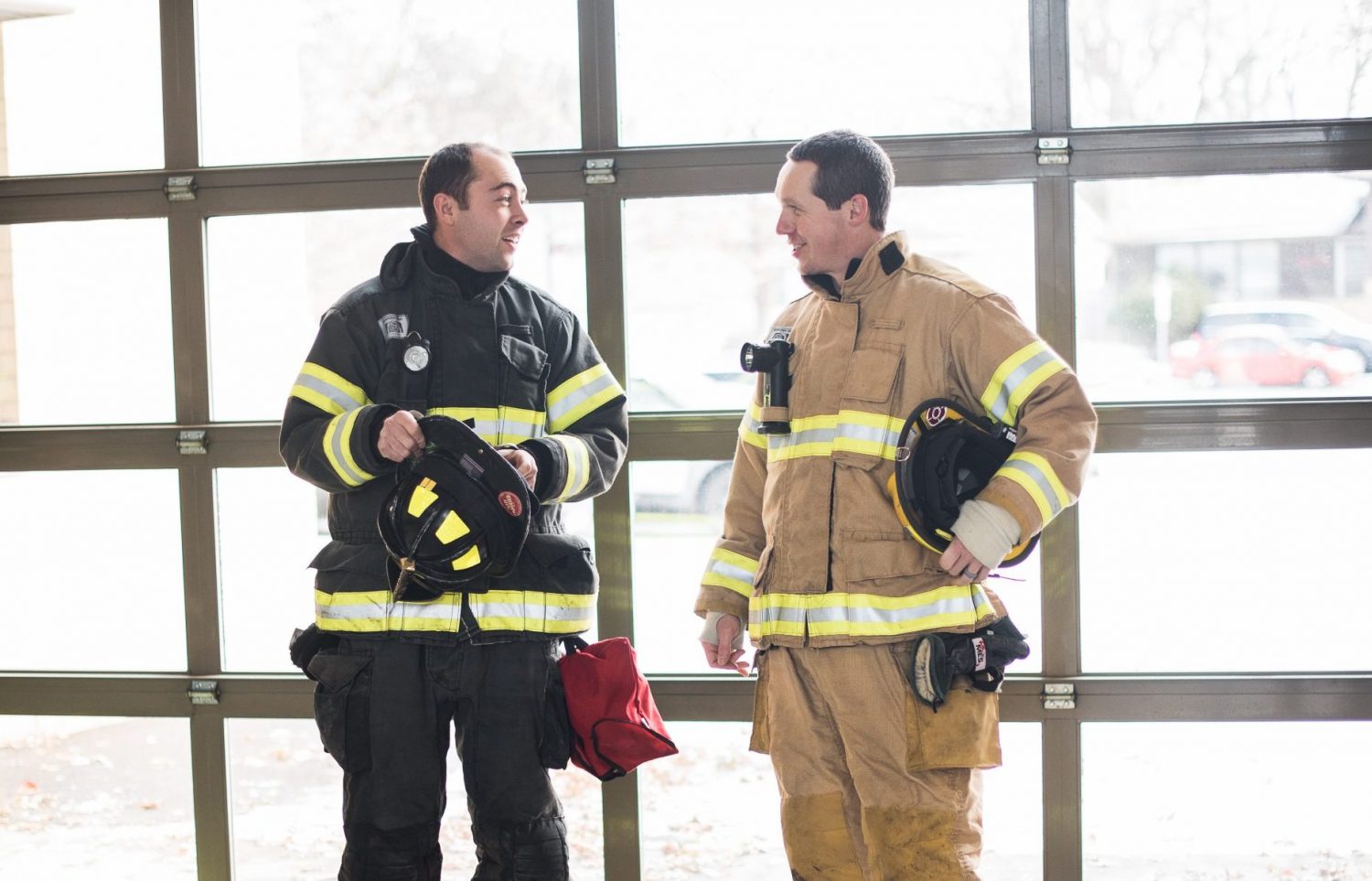Our firefighters are tested both physically and mentally nearly every day on the job, and the health resources they receive now just aren’t cutting it. Cancer, emotional trauma and cardiac disease affect firefighters at rates that are approximately double those of the general public, and these health problems are the three reasons why Minnesota legislators need to pass the Hometown Heroes Assistance Program bill (SF621 and HF377) and provide first responders with the tools necessary to prioritize and protect their health.
Cardiovascular Disease
Cardiovascular disease is the number-one killer of firefighters nationwide and is by far the leading cause of line-of-duty deaths in the fire service. In 2020, Howard Lake fire chief Daryl “Taddy” Drusch tragically died of a heart attack just hours after responding to an emergency call. Even young and healthy firefighters suffer from hardened arteries and impaired heart function after just three hours of prolonged firefighting, according to a 2010 study from the Illinois Fire Service Institute.
Emotional Trauma
The mental and emotional costs of being a firefighter are high, and consequently those in the fire service experience much higher rates of mental health challenges than the general population – including sleep disorders, depression, substance abuse, post-traumatic stress disorder and suicidal ideation/action. In April 2018, Superior Fire Department battalion chief Erik Sutton died from suicide, just weeks after retiring. The on-the-job bravery of firefighters is legendary, but that doesn’t mean they should suffer in silence when facing occupational stress and emotional trauma.
Cancer
According to the National Fire Protection Association, more than 68 percent of all firefighters will develop some form of cancer in their lifetimes. The chance of lung cancer and leukemia diagnoses, and cancer-related death increases with the amount of time spent at fires. Consequently, Glen Solem from Grand Lake Fire Protection District died in early 2020, after a 14-month battle with esophageal cancer.
We must protect our firefighters from these chronic illnesses however we can, but currently, critical funding shortages make it difficult for fire service leaders to prioritize firefighter health measures and equipment. That’s why MnFIRE is championing the Hometown Heroes Assistance Program, a bi-partisan bill to improve access to care for firefighters in need of treatment by establishing a statewide $7.2 million appropriation of funds.
The bill will provide supplemental health insurance and Employee Assistance Program (EAP) resources, ensuring all of our state’s 20,000 firefighters have access to the care needed to handle a cardiac, emotional trauma or cancer diagnosis – and prevent these diseases from harming firefighters in the future.
The Hometown Heroes Enhanced Critical Illness plan complements existing medical coverage and helps fill financial gaps caused by out-of-pocket expenses such as mortgage payments, college tuition or treatment not covered by firefighters’ medical plans. In addition to providing coverage for cardiac, cancer and mental health issues, the EAP benefits provide coverage for non-career and volunteer firefighters, who have historically not been covered by these programs. Support for annual MnFIRE Awareness Trainings is also included in the program.
All public decision-makers – from the State Capitol to city halls – must make Minnesota fire service a funding priority to give our firefighters the help they need to stay healthy and continue serving their communities.








